RSS

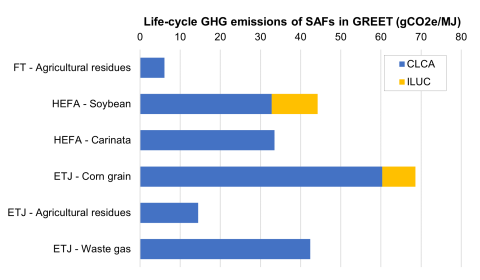
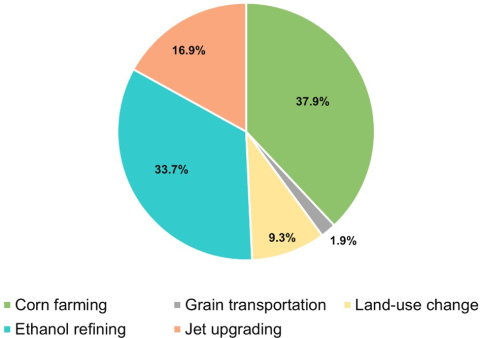
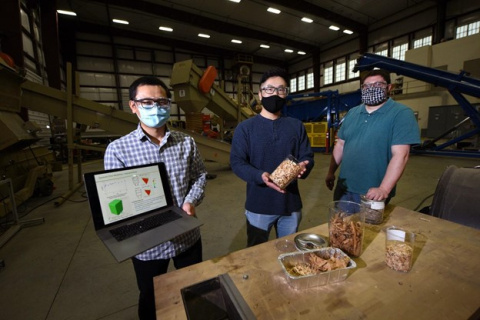
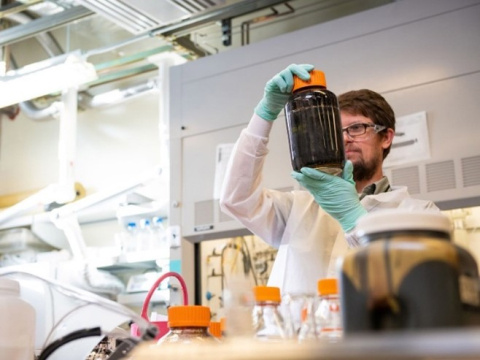


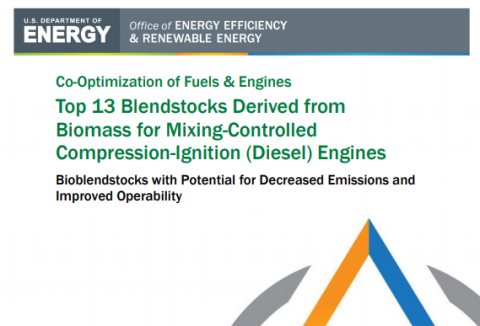
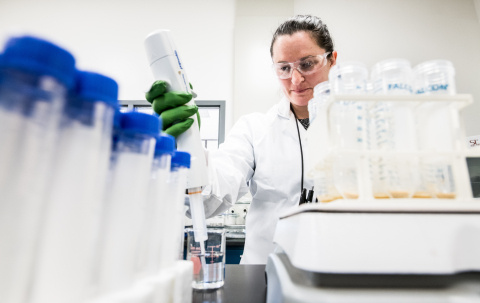
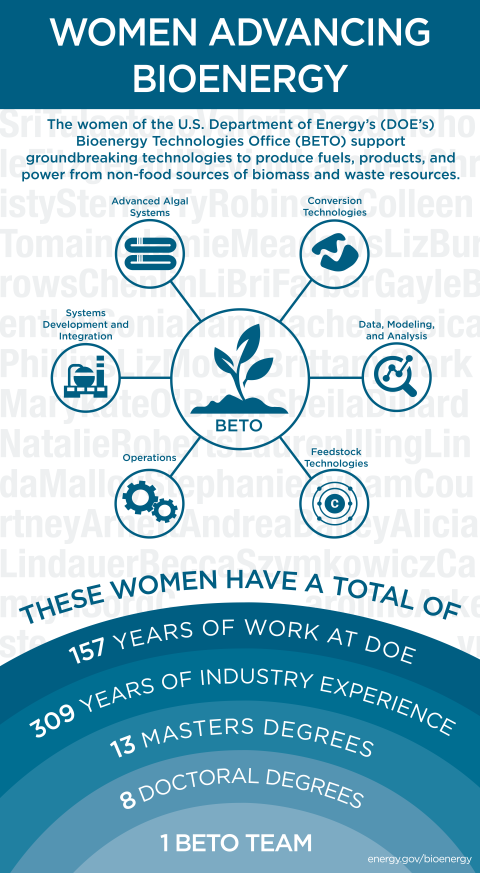
The Bioenergy Technologies Office (BETO) blog posts are a great source to learn about the progress BETO is making toward its goals.

Perhaps worse than reinventing the wheel is being forced to reinvent the wheel. Unfortunately, that has been a reality for many scientists working to develop catalysts used to upgrade waste or biomass resources into climate-friendly biofuels.

We need sustainable aviation fuels and efficient aircraft technologies to meet emissions reduction goals. Argonne’s GREET model can help guide the airline industry and jet fuel producers in the right direction.

With cleaner technologies and regenerative farming practices, low-carbon ethanol can be converted into sustainable aviation fuels. Argonne’s GREET model simulation shows a path to zero-carbon jet fuel from corn-based ethanol.
An Idaho National Laboratory research team has identified models that could help scale-up processing to industry scale at an economically low cost.

Techno-economic analysis is the first to model PNNL technology across wastewater facilities.

Two new publicly available web-based software tools developed at Berkeley Lab aim to help researchers and companies explore viable bio-based fuels and products without ever stepping foot in the lab.

Bioprose Blog: National Renewable Energy Laboratory (NREL) researchers can accurately predict reaction rates and optimal conditions for making biofuels. Their secret? Complex math to sketch the intricate chemistry and physics that drive catalytic fast...
Bioprose Blog: There’s no driving around it: most vehicles on the road today are still powered by gasoline and diesel fuels that create emissions.

Bioprose Blog: NREL offers a simple procedure for a complex analytical problem that could help biorefineries expand production of low-carbon cellulosic ethanol

Bioprose Blog: BETO recognizes the contributions that women in the Office have made to help strengthen the future of bioenergy

